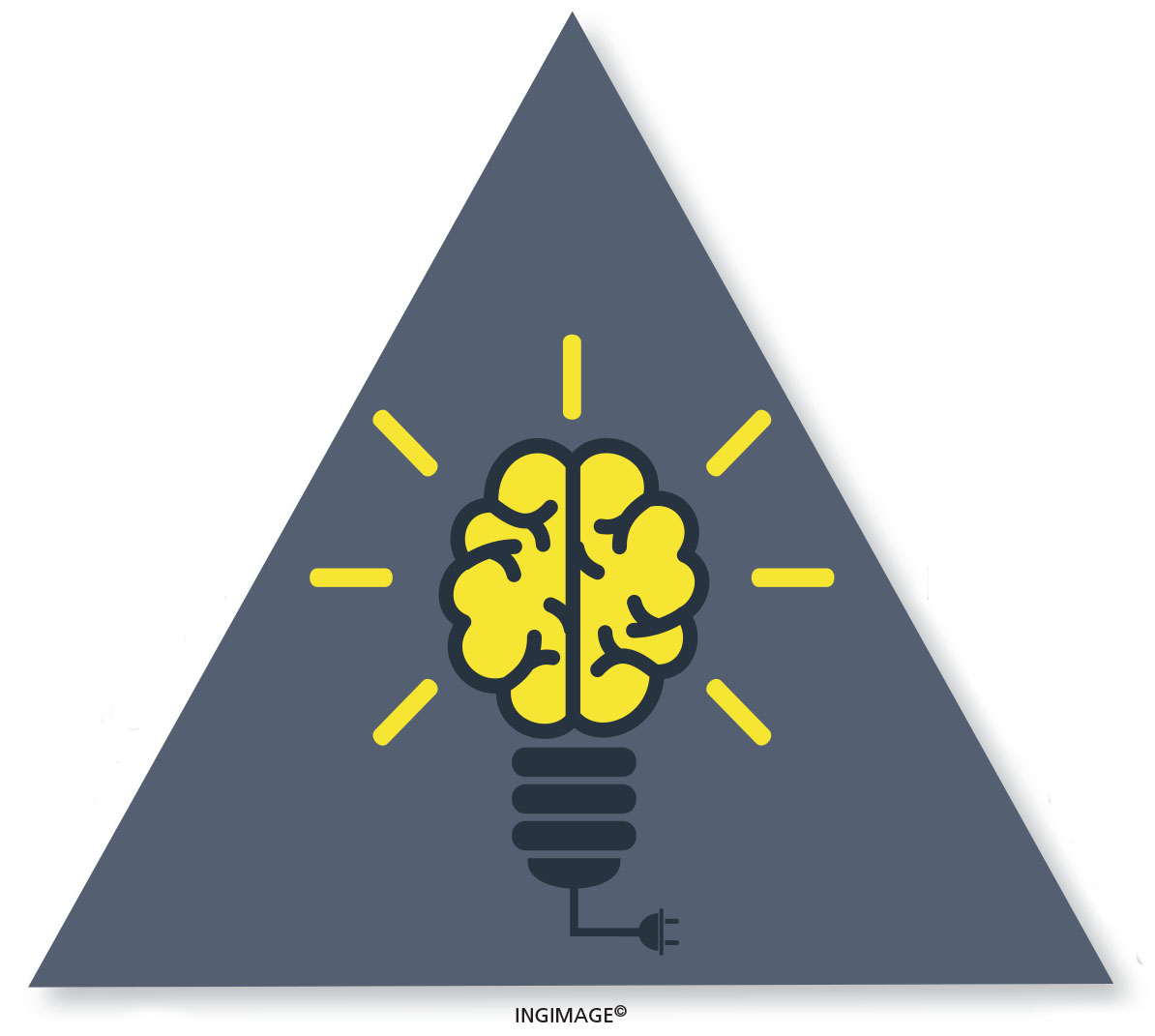EDUCATING SRI LANKA
BRILLIANT CHILDREN
Being clever doesn’t always guarantee a great career
BY Goolbai Gunasekara
Whenever I hear someone tell me ‘my child is doing brilliantly at school,’ warning bells start ringing in my head. So a chat with my old friend Rima was not one of undiluted pleasure. We were talking about her grandchild.
“How brilliantly?” I ask, knowing grandparents are usually biased. (I am, of course.)
“Always first or second in class,” comes the complacent answer.
“And what class may that be?” I ask, a trifle apprehensively.
“He is now in O-Level prep… but gets the form prize quite regularly.”
Of course, I hope that he continues this ‘brilliant’ career. But long experience has made me extremely wary of predicting that these outstanding students will continue to have a lifetime of top class achievement.
It’s the child who’s competent but not brilliant who makes a name for himself or herself later in life. Parents tend to overlook other qualities a child may possess that are nonacademic. School reports unfortunately concentrate on telling parents how well or badly a child is doing in schoolwork. There is rarely a section in school reports that gives grades for other talents.
I shall list them for easy reading: imagination, organisational talent, leadership skills (compared to bullying), a capacity to shoulder responsibility and the ability to get on with others. This is very important because great careers die due to a lack of these.
A moral dimension must be noticed by teachers: the ability to keep friendships going with courtesy to all (this means minor staff; children in other classes; and of course, teachers); the ability to project themselves well; and good emotional quotient (EQ), as well as intelligence quotient (IQ).
And now, here’s where parents must step in – spiritual quotient (SQ), which is currently being touted among educationists.
Let me give a few examples.
A young girl won a sports scholarship to the A-Level class at an international school. Her results were average but she secured a place in a British university. She zoomed upward academically, doing exceptionally well at university and ending her academic career with a PhD. She now works for the WHO in highly lucrative jobs around the world.
By contrast, one of those ‘brilliant’ children won a scholarship to the University of Pennsylvania (UPenn), which is an Ivy League college in the US. He did very well indeed, and gained a master’s degree. Then he got a fairly good job back in Sri Lanka, having failed to get anything abroad. I feel he lacked the personality needed since he was always quiet and studious.
This isn’t to say that outstanding students in school never do well afterwards. Of course, they do – but only if they have developed other important traits. Parents should never assess their children on grades alone. School life provides a broad base and an introduction to various other disciplines from which a child can develop traits that are sometimes more helpful than academic prowess.
For instance, I might mention some of the incidents that cost highly qualified teachers their jobs. One is personal hygiene. I used to have meetings with each class from Form 2 onwards when sweat glands begin to change. Children perspire and we live in a tropical country. The importance of fresh underwear and early morning baths cannot be overestimated. Deodorants may not always be affordable but soap, water and powder are.
The lack of personal hygiene abroad can actually cause job losses. Some time ago, I read of a woman in Germany who was sacked because her colleagues complained of her strong body odour. In the West, you may be bluntly told: ‘You stink.’ So academic brilliance alone is not enough…
Another mistake that parents make is pushing their ‘brilliant’ children into courses of study for which they are clearly unsuited. Being clever, their school grades may not suffer too much. But when they get to the A-Level classes, public exams are much harder and performances will not be as good as they could have been.
Here’s another example. One child got 10 As at the O-Level exam and wanted to do history, English and so on. His mother saw no future in that kind of degree and forced him to do science with the aim of becoming a doctor. He got reasonable results but not nearly good enough for medicine.





